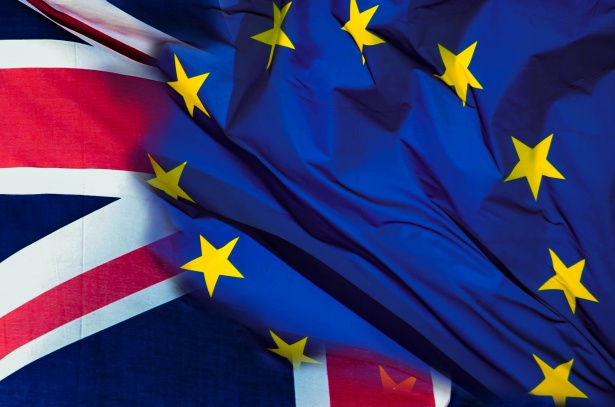Alternative data: Brexit vote prediction using NLP
The United Kingdom’s divorce with the European Union, better known as Brexit, has become a drawn-out, contentious affair without an obvious resolution. Former British Prime Minister Theresa May’s government and her counterparts in the European Union negotiated a withdrawal agreement last year, but opposition to the deal from the UK Parliament killed it three times.

The UK commons has the power to stop Brexit deal by voting against proposed deal or no-confidence in the government. The UK Commons is an elected body consisting of 650 members known as Members of Parliament (MPs). Members are elected to represent constituencies by the first-past-the-post system and hold their seats until Parliament is dissolved.
In order to predict what will be the outcome of each voting both Brexit and confidence in government, we need to understand what the publicly expressed opinions of each MP are.
We were able to build a model which find a positive and negative opinion about the Brexit and confidence in government by analyzing MP’s opinions shared on Twitter using NLP technology to extract key opinions based on our dictionary.
Method: Each relevant tweet (which contains a pre-classified event) from our DB was scored based on our model using a dictionary of 87 events that describe positive and negative opinions about the Brexit/government.
Model: Brexit/government support as 1, Brexit/ government non-support as -1.
The model averages all individual MP tweets that contain our dictionary. The result of the total sum above 0 will indicate more MPs support Brexit/government while bellow 0, MPs don’t support Brexit/government
Data history: From Jan 2018, contain 42000 tweets.
Basic Information
-
90% of MPs have a Twitter account (587/650)
-
Conservative 79% (245/311 MPs)
-
Labour 95% (235/247 MPs)
-
Scottish National Party 100% (35/35 MPs)
-
Independent 194% (31/16 MPs)
-
Liberal Democrat 133% (16/12 MPs)
-
Democratic Unionist Party 80% (8/10 MPs)
-
Sinn Fein 100% (7/7 MPs)
-
The Independent Group 100% (5/5 MPs)
-
Plaid Cymru 400% (4/1 MPs)
-
Green Party 100% (1/1 MPs)
We run this test on the voting on January,15 and 16,2019; March 12, 2019; March 29, 2019, and we got the same results as the actual voting outcome (the government was defeated)
-
15 Jan 2019 (from 7pm London time) – the government was defeated by 432 votes to 202 (Model results: -0.22)
-
16 Jan 2019 (from 7pm London time) – the government was defeated by 325 votes to 306 (Model results: -0.14)
-
12 March 2019 (from 7pm London time) – the government was defeated by 391 votes to 242 (Model results: -0.27)
-
29 March 2019 (from 7pm of 29th) – the government was defeated by 344 votes to 286 (Model results: -0.21)
These results demonstrate how the extraction of MP’s opinion about the Brexit/government using NLP technology can provide a useful prediction on the voting outcomes. However, it is important to understand that public announcement by individual MP’s can be misleading sometimes as if in the actual voting, the MP’s vote differently from what they said publicly.
Using big data and NLP technologies to capture alpha by collecting, structuring, and revealing events from news articles, press releases, and financial social media.
(Views and recommendations given in this section are for research purposes only. Please consult your financial adviser before taking any position in the stock/s or currencies mentioned.) Neither First to invest. nor any of its officers, employees, representatives, agents or independent contractors are, in such capacities, licensed financial advisors, registered investment advisers or registered broker-dealers. First to invest does not provide investment or financial advice or make investment recommendations. Nothing contained in this communication constitutes a solicitation, recommendation, promotion, endorsement or offer by First to invest of any particular security, transaction or investment.)


